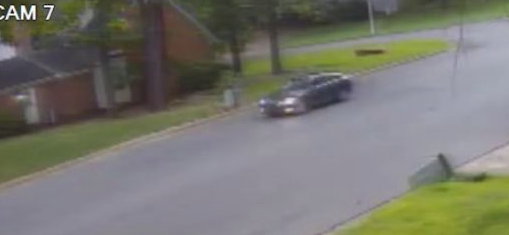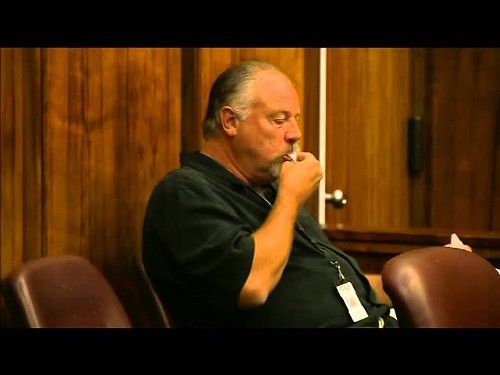
Susan McDonald
Anyone with a tip leading to the arrest of Susan McDonald’s killer will receive $26,000, announced CrimeStoppers director Buddy Chapman at a press conference on Thursday afternoon.
McDonald was shot and killed in the driveway of her friend’s Cordova home on August 1st. She had just pulled into the driveway on Bazemore Road to pick up her friend for a race when someone driving past the home shot her. Memphis Police Chief James Ryall said an investigation is underway and wouldn’t reveal any details about the case at the conference.
“We’re looking at all angles, but I can’t get into specifics,” Ryall said.
McDonald’s family raised $25,000 in reward money using GoFundMe, and CrimeStoppers is contributing an extra $1,000. Chapman encouraged anyone with information to call 901-528-CASH.
“Calls to CrimeStoppers are totally anonymous. No one will ever know who you are,” Chapman said, emphasizing that CrimeStoppers does not have caller ID.
Last week, the Memphis Police Department released surveillance video that shows a dark-colored, mid-sized sedan with a Tennessee temporary tag that was seen fleeing the neighborhood after McDonald’s murder.
The family is continuing to raise reward money on GoFundMe. They have a goal of $75,000.

